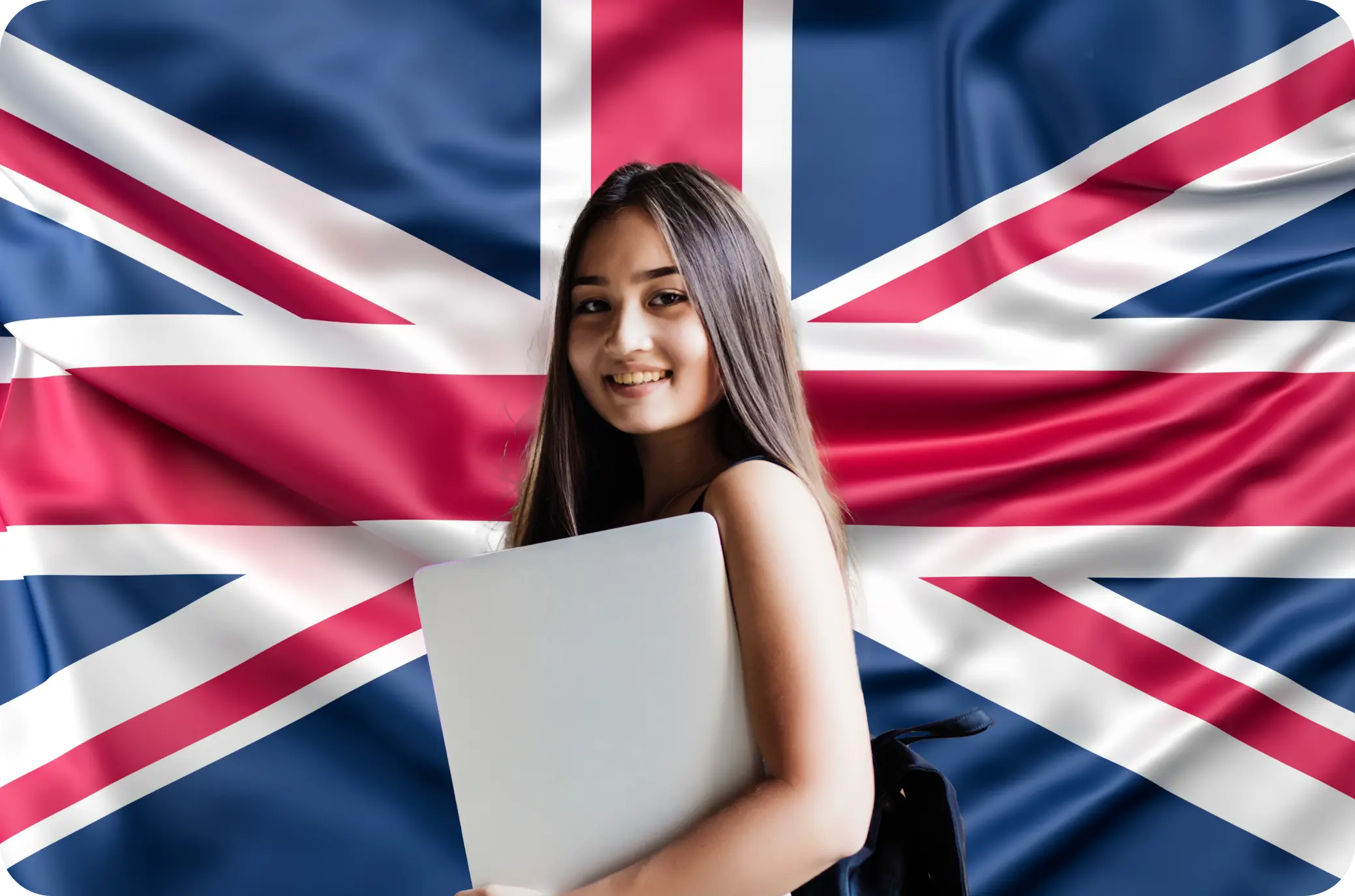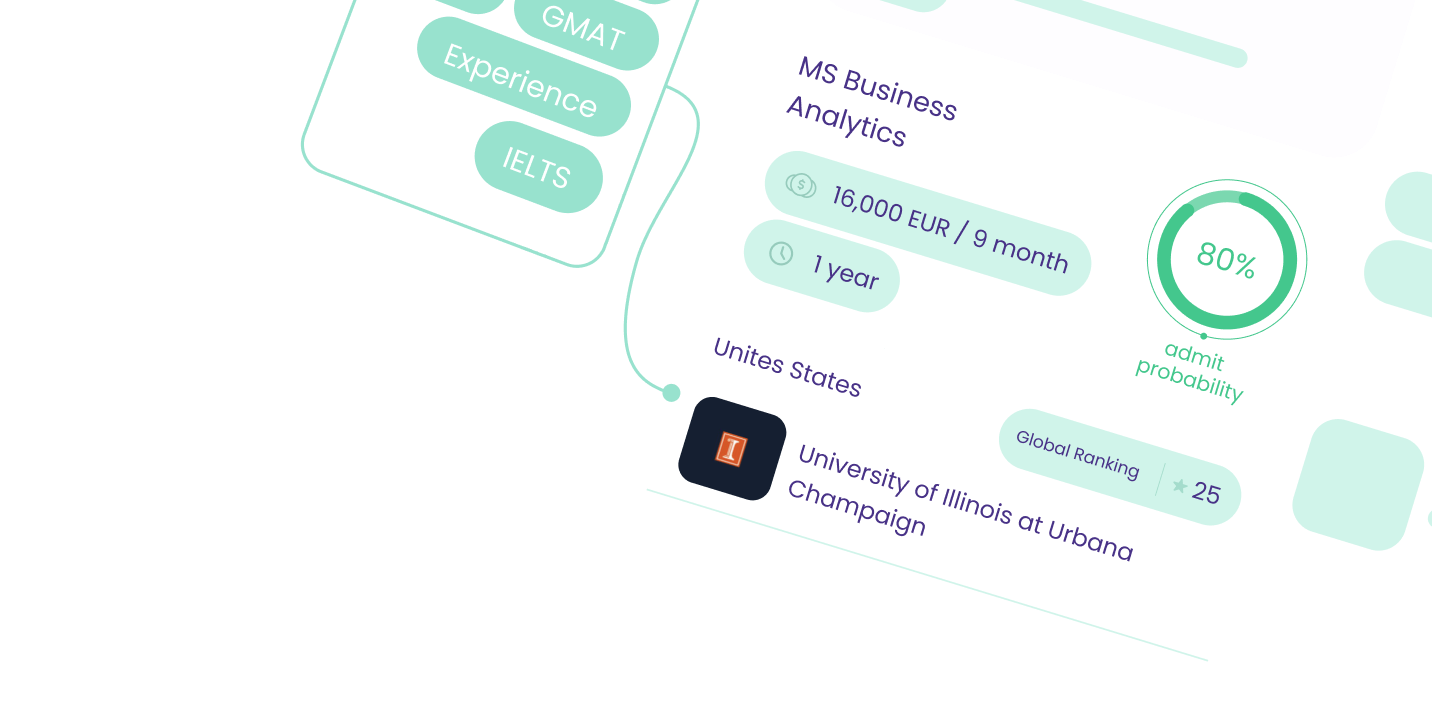The fascinating world of UK student visa interviews in 2023 is waiting for you to explore!
If you’re an international student with aspirations of studying in the United Kingdom, you’ve come to the right place.
Making your academic goals a reality requires securing a student visa. The interview procedure for the UK student visa is still a significant turning point for many deserving individuals who want to continue their education in prominent British universities in 2023.
Being organised is the key to succeeding in your interview for a UK student visa. You may get a competitive advantage by anticipating the typical questions that will be asked and by planning meaningful replies. It enables you to portray yourself with assurance, shows dedication to achieving your educational objectives, and reassures the immigration authorities of your sincere intentions.
By becoming familiar with the frequently asked questions, you may foresee what the interviewers will be searching for and customise your responses appropriately.
We want to assist you through the UK student visa interview process by revealing insights into frequently asked questions and offering advice on how to do well.
In order to solve the secrets of UK student visa interviews in 2023, let’s enter the interview room together.
The UK Student Visa Application Process

Aspiring students must complete several essential procedures in applying for a UK student visa. Here is a quick description of the procedure:
Table of Contents
1. Choose the appropriate visa category
The first step is finding the appropriate visa type depending on your educational programme and duration. The Tier 4 (General) student visa, which applies to full-time studies lasting longer than six months, is the most prevalent student visa form.
2. Obtain an offer from a recognised institution
You must get an unconditional offer of admission from a reputable educational institution in the UK before applying for a student visa. This necessitates fulfilling the educational and linguistic competency standards of the institution.
3. Gather necessary documents
Once you get the admissions offer, you must collect the necessary paperwork. A valid passport, financial proof of your capacity to pay for tuition and living expenses, academic credentials, and English language proficiency exam results are usually required.
4. Complete the online application
Filling out the online visa application form on the official UK Visas and Immigration website is the next step. You must provide personal data, information about your academic programme, and financial data.
5. Pay the application fee
You must pay the visa application cost after submitting your online application. The cost varies according to the kind of visa and the turnaround time.
6. Biometric appointment
After paying the application cost, you must make a biometric appointment at a Visa Application Centre. Your fingerprints and picture will be taken during this visit.
7. Attend a visa interview (if applicable)
You might need to go to a visa interview, depending on your situation and the discretion of the immigration officer. During the interview, the visa officer can evaluate your appropriateness, eligibility, and plans for studying in the UK.
8. Decision and visa issuance
The UK Visas and Immigration will assess your application when you’ve finished the process and decide. If accepted, you will be given a Confirmation of Acceptance for Studies (CAS) and a passport vignette that will allow you to enter the UK.
The Read Importance of Preparation

It is essential for your success that you prepare for the interview for a UK student visa. Preparation is essential for the following reasons:
1. Increased confidence
Having a plan in place increases your confidence. You will feel more confident if you thoroughly grasp the interview process, the kinds of questions asked, and how to react appropriately. This self-assurance will come over during the interview, leaving the immigration officer with a favourable impression.
2. Demonstrates commitment and seriousness
A candidate who is prepared shows that they are serious about attending university in the UK. It demonstrates your dedication to pursuing your academic objectives and your time and effort to grasp the visa requirements. Your devotion and earnestness significantly influence the visa officer’s impression of your application.
3. Articulate your intentions effectively
The interview is an opportunity for you to express your goals in detail. You may thoughtfully examine and structure your replies to demonstrate your valid reasons, educational objectives, and the applicability of your selected course of study to your long-term professional goals by doing your homework in preparation. The visa officer gets a good feeling from your purposefulness.
4. Reduced anxiety and stress
The tension and worry that comes with interviewing are lessened through preparation. You may walk into the interview with confidence and tranquillity by preparing and being aware of the expectations. You can perform at your highest level and successfully communicate your qualifications and motives while in this mental state.
5. Avoidance of common pitfalls
Through preparation, you may get familiar with the major traps and errors job candidates frequently make during the interview. With this understanding, you may foresee and steer clear of traps like giving contradictory or false information, lacking supporting evidence, or being apprehensive.


Common Questions in UK Student Visa Interviews

The common questions to ask UK Student Visa Interviews are:
Q1. Why did you choose to study in the UK?
The purpose is to understand your reasons for choosing the UK as your study location to help us determine if it fits your academic and professional objectives well.
Q2. Can you tell me about your chosen course and why you are interested?
This question assesses your comprehension of the chosen course, its applicability to your goals, and your sincere interest in the topic.
Q3. How did you choose the specific university or educational institution?
The goal is to evaluate your research and decision-making process and to ascertain whether the chosen university is consistent with your academic and professional goals.
Q4. What are your plans after completing your studies in the UK?
This inquiry attempts to ascertain your long-term objectives and aspirations, ensuring that you clearly understand how your studies in the UK will further your career.
Q5. How do you plan to finance your education and living expenses in the UK?
The goal is to examine your financial readiness and determine if you have considered the cost of attending school in the UK, including tuition, living expenses, and everyday costs.
Q6. What ties do you have to your home country that will ensure your return after completing your studies?
This inquiry aims to ascertain if you want to return home after completing your studies. It gauges the strength of your links, including those with family, potential employers, and personal obligations.
Q7. How will this course of study contribute to your career goals?
Examining your comprehension of the possible professional rewards of your selected course can help you determine whether it aligns with your long-term goals.
Q8. Do you have any family members or friends in the UK?
This inquiry enables you to evaluate your network of supporters in the UK and whether you have developed relationships that might affect your stay.
Q9. Have you considered studying in your home country or any other country?
The aim is to comprehend your thought process and determine why you deliberately chose the UK as your study location, considering alternative possibilities.
Q10. How will you cope with the challenges of living and studying in a different culture?
This question aims to gauge your capacity for adaptation, resiliency, and readiness to deal with the obstacles of studying abroad and cultural differences.
Follow These Tips for a Successful Visa Interview

1. Familiarise yourself with the interview format
Prior to the interview, familiarise yourself with the format and structure. This will enable you to better prepare for what to expect and confidently answer.
2. Practise active listening
Pay close attention to what the visa officer is asking you. Before responding, pay close attention to what is being said and ensure you understand the question completely. This indicates your focus and enables you to give pertinent information.
3. Be respectful and professional
Act courteously and professionally towards the visa officer throughout the interview to demonstrate your respect. Maintain eye contact, communicate appropriately, and refrain from interrupting or talking over the interviewer.
4. Maintain a positive attitude
Bring a pleasant attitude to the interview. Show your love and excitement for your chosen field of study, and thank you for the chance to study in the UK. A good attitude may significantly affect how the visa officer perceives you.
5. Practice time management
Keep track of time during the interview and ensure your responses are concise and within the allotted time. This demonstrates your ability to communicate your ideas and respect the interview process effectively.
Do’s and Don’ts in UK Student Visa Interviews

Following are some tips for candidates during their interviews:
Do’s
- Do your homework and get ready for the interview completely.
- To boost your confidence and enhance your communication abilities, practise mock interviews.
- Remember to dress professionally.
- Do show up for your interview on time or a few minutes early.
- Be sure to be upbeat and enthusiastic the whole interview.
- Pay close attention to the questions and make sure your replies are precise, concise, and pertinent.
- Keep eye contact with the visa officer to show interest and confidence.
- Even if you are anxious, try to keep your composure.
- Do provide the visa officer courtesy and deference.
- Do convey your appreciation for the chance to study in the UK.
Don’ts
- Don’t give the interviewer any inaccurate or deceptive information.
- Be concise and avoid going into too much detail while responding.
- During the interview, don’t talk over or interrupt the visa officer.
- Avoid using unfavourable body languages like slouching or fidgeting.
- Refrain from showing a lack of excitement or interest in the course you’ve selected or the interview procedure.
- Don’t criticise other nations or your own country in public.
- If the visa officer questions or criticises your responses, resist the need to dispute or put up a defence.
- Don’t only depend on the memorised responses. Be sincere and authentic to yourself when responding.
- Be careful not to use language or body language that is too informal or casual.
- When the interview ends, thank the visa officer and show your gratitude.
Common mistakes to avoid

- Giving evasive or general responses without demonstrating your knowledge or sincere interest.
- Failing to show a direct link between your chosen course and your professional objectives.
- Being unprepared or ignorant about your selected university or another educational facility.
- Inconsistencies between your replies during the interview and your application materials.
- Exaggerating or lying about your financial condition or sponsorship.
- Inadequate time management, resulting in rambling or hurried replies.
- Letting fear or anxiousness get in the way of good communication.
- Assuming a defensive or combative stance in response to complicated queries.
- If necessary, omitting to provide supporting documentation or improperly organising it.
- Failing to conduct oneself professionally and respectfully while speaking with the visa officer.
Excelling in Your UK Student Visa Interview!

To sum up, being well-prepared for your UK student visa interview is essential for success. Your chances can be considerably improved by comprehending typical questions, practising solutions, and being well-prepared.
Demonstrating your credentials, goals, and genuine enthusiasm at the visa interview stage is critical because it’s an essential part of the application process. Be mindful of your body language, act professionally, and, if required, back up your claims with evidence. You may manoeuvre the interview with assurance by adhering to the dos and don’ts.
You should approach the interview confidently, have a positive outlook, and have faith in your preparation because many students have succeeded before you.
Wishing you success as you pursue a student visa in the UK! For more get expert guidance here.


Frequently Asked Questions
Q. What papers do I need to bring to my interview for a student visa in the UK?
Your passport, CAS (Confirmation of Acceptance for Studies), financial records, evidence of your English language ability, and academic transcripts are required.
Q. How long does a typical interview for a student visa in the UK last?
The time frame varies, but is normally between 5 and 15 minutes. Prepare to respond quickly and appropriately within the allotted time.
Q. Will my command of the English language be put to the test during the interview for the UK student visa?
In addition to determining your eligibility and goals, the interviewer may use discussion to gauge your level of English fluency.





Comments (0)